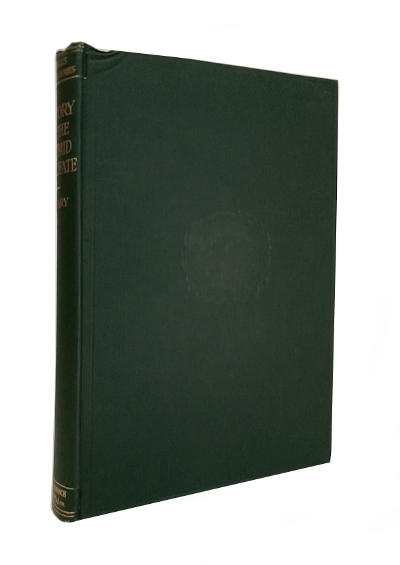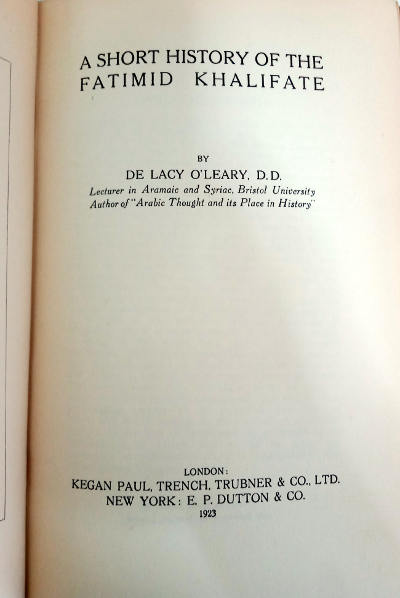About the Fatimid caliphate (from Wikipedia):
The Fatimid Caliphate was an Ismaili Shia caliphate of the 10th to the 12th centuries CE. Spanning a large area of North Africa, it spanned from the Red Sea in the east to the Atlantic Ocean in the west. The Fatimids, who traced their ancestry to the Prophet’s daughter Fatima and her husband ‘Ali b. Abi Talib. The Shiʿite dysnasty ruled territories across the Mediterranean coast of Africa and ultimately made Egypt the center of the caliphate. At its height, the caliphate included – in addition to Egypt – varying areas of the Maghreb, Sudan, Sicily, the Levant, and the Hijaz.
The Fatimid caliphate represented the peak of Ismaili political success. Ismailis had faithful supporters in the lands governed by the Fatimids’ rivals, and areas with a significant Ismaili population and presences were able to set up their own independently-administered polities, which were loyal to the Imam in Egypt.
During the late eleventh and twelfth centuries, the Fatimid caliphate declined rapidly, and in 1171, Saladin invaded its territory. He founded the Ayyubid dynasty and incorporated the Fatimid state into the nominal sphere of authority of the Abbasid Caliphate.
About the author (from Wikipedia):
De Lacy Evans O’Leary (1872–1957) was a British Orientalist who lectured at the University of Bristol and wrote a number of books on the early history of Arabs and Copts.
O’Leary studied at the University of London (1891–95) before becoming a minister in the Church of England, and later undertook further studies towards a Master of Arts at Trinity College Dublin (1905). He was awarded second prize in Trinity College’s Elrington Theological Prize (1903) for an essay on the Epistle of St James, and the following year the Elrington Theological Prize itself for the essay “An Examination of the Apostolical Constitutions and of the cognate documents, with special view to those which have recently been made accessible”.
O’Leary was special lecturer at the University of Bristol from 1908 until 1957, teaching Aramaic, Syriac, and Hellenistic Greek. He was the first chairman of the Bristol University Convocation, which represents graduates of the university, between 1910 and 1928. During World War I he was Captain-Chaplain of the university’s Officer Training Corps and in 1916 served as a chaplain to the British Expeditionary force in Egypt.



